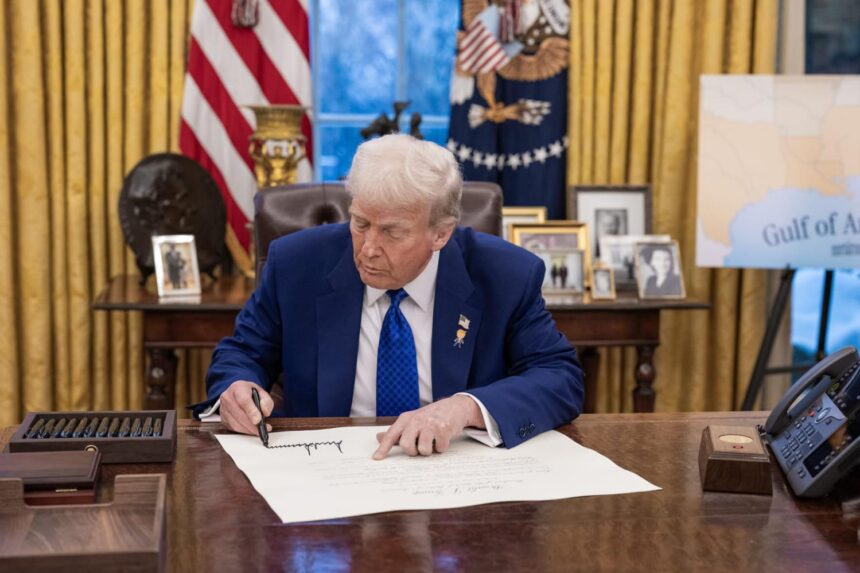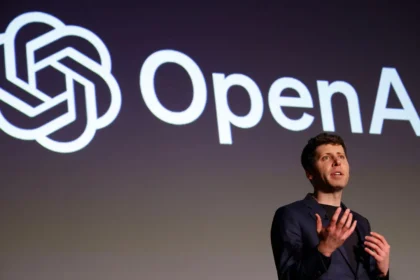Former President Donald Trump is considering an executive order—possibly as soon as Friday—that would grant the federal government broad authority over regulating artificial intelligence in the United States.
A draft obtained by The Verge reveals that the order would establish an “AI Litigation Task Force” within the Department of Justice, directed by the attorney general, with the explicit purpose of challenging state AI laws that the administration believes could hinder the industry.
According to the draft, this new task force could take states to court over laws that, in its view, slow AI development. Examples cited include California’s recent rules addressing AI safety and high-risk systems, and a Colorado law aimed at preventing discriminatory algorithms. The task force would occasionally consult with a circle of White House advisers, including billionaire investor David Sacks, who serves as a special adviser on AI and crypto.
Trump has repeatedly pushed for a moratorium on state-level AI laws, arguing that a patchwork of regulations would hold back the industry. He reiterated that position this week at the US-Saudi Investment Forum, framing the effort as a way to prevent what he calls “woke” policies from influencing tech regulation.
This order would activate a 90-day plan involving several federal agencies. As part of Trump’s earlier AI Action Plan, he had already directed agencies to look for ways to work around state and local rules they consider burdensome. Under the draft order:
- The Commerce Department would have 90 days to report which states conflict with Trump’s AI policies and identify those that could lose funding from the BEAD rural broadband program.
- The Federal Trade Commission would consider whether state rules requiring AI companies to alter their algorithms violate federal laws on unfair or deceptive practices.
- The Federal Communications Commission would review whether its powers under the Communications Act allow it to override state AI laws.
FCC Commissioner Brendan Carr recently suggested that the agency might have grounds to strike down state rules if they “effectively prohibit” the deployment of modern AI infrastructure. He also argued that California’s proposed requirements for AI safety disclosures could conflict with Trump’s goal of stopping what he calls “woke AI.”
Parts of the order—especially the idea that the FCC could overrule state AI laws—would almost certainly face legal challenges. However, the creation of an aggressive DOJ task force could make it more difficult for states to enforce their own AI regulations in the meantime.
According to Punchbowl News, this executive order serves as a backup option in the event that Congress fails to pass a national moratorium on state AI laws. Lawmakers tried to include such a moratorium earlier this year in Trump’s “Big Beautiful Bill,” but it stalled after bipartisan pushback. Now, some congressional leaders may attempt to attach a similar measure to the National Defence Authorisation Act, one of the few bills that must pass each year.
Even if Congress tries again, the proposal may face the same resistance—especially because the punishment for non-compliant states would be the loss of federal broadband funding.
Policy experts note that large states like California might simply refuse to bend, even if rural broadband dollars are at stake. As R Street Institute fellow Adam Thierer put it, the real question is how much financial pressure it would take to make the largest states reconsider their AI regulations.










